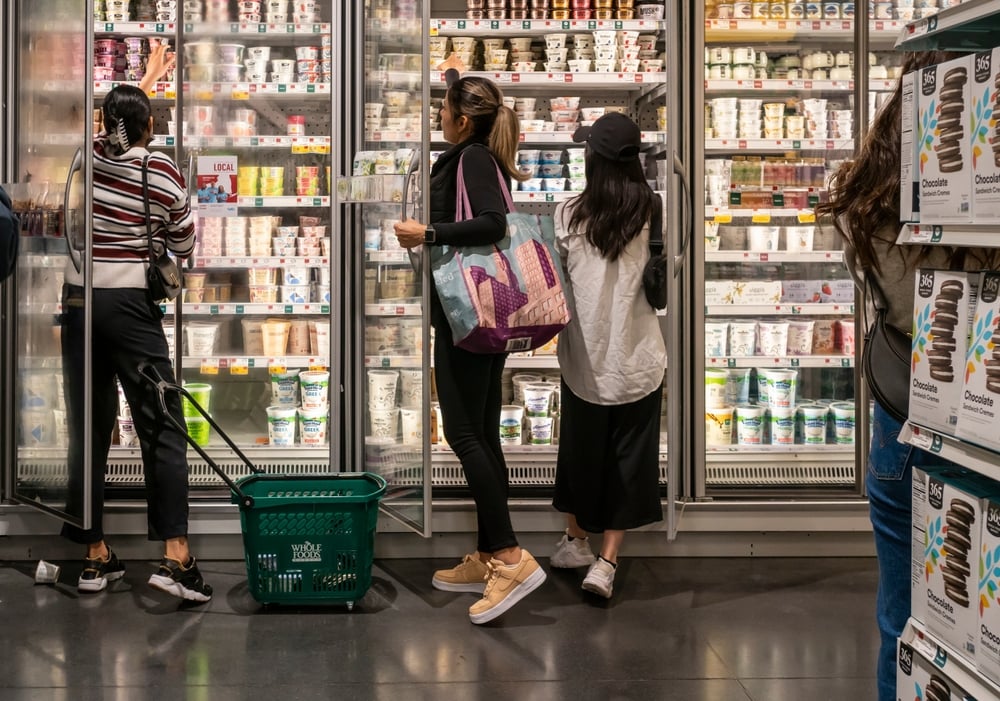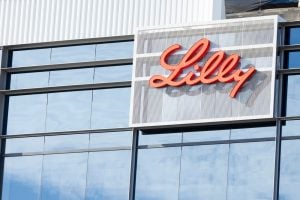Consumer optimism in the U.S. economy surged in October, despite recent job data showing a decline in available positions. According to the Conference Board, its consumer confidence index rose by more than 11% to a reading of 138 — marking the most significant one-month increase since March 2021. This boost in confidence comes as the nation prepares for a contentious presidential election, underscoring a complex economic landscape where sentiment appears to diverge from labor market trends.
Confidence Rises as Consumers Look to the Future
The October consumer confidence index far exceeded economists’ expectations, climbing to 138 compared to a forecast of 99.5. Dana Peterson, chief economist at the Conference Board, highlighted the renewed optimism, stating, “Consumers’ assessments of current business conditions turned positive.” Peterson noted an improvement in consumer perceptions of job availability, possibly reflecting recent, stronger labor data. The Conference Board’s expectations index, which gauges outlook on future economic conditions, also rose nearly 8%, reaching a reading of 89.1. This is a strong indicator that consumer confidence remains well above the threshold for recession concerns.
Contradictory Labor Market Data
However, this rise in consumer sentiment contrasts with the latest data from the Bureau of Labor Statistics (BLS), which revealed a decline in job openings. Job vacancies in September fell to 7.44 million, down over 400,000 from the previous month and below Wall Street’s forecast of 8.0 million. This level of openings is the lowest since January 2021 and represents a marked shift from mid-2022, when the ratio of job vacancies to available workers was above 2 to 1. Now, that ratio has dropped to just below 1.1 to 1, signaling a more balanced, albeit tighter, labor market.
While job openings fell, hires rose by 123,000, and the level of separations remained largely unchanged. The number of quits, often seen as an indicator of worker confidence, dropped by 107,000, suggesting a more cautious approach among workers as the job market adjusts.
Economic Sentiment Amid Political Uncertainty
The surge in consumer confidence heading into the election underscores the resilience of U.S. households, even amid economic and political uncertainty. Analysts suggest that the robust increase in the consumer confidence index reflects underlying optimism around future conditions, despite recent setbacks in the labor market. Consumers are likely responding to positive economic indicators, including stable hiring and signs of moderating inflation.
Nevertheless, the contrasting data points raise questions about the strength of the labor market recovery. The drop in job openings, coupled with a stable hiring rate, suggests that while companies are less aggressive in their recruitment, they are still holding onto their workforce. This duality in the data points to a complex economic environment where optimism about economic conditions coexists with more tempered labor market dynamics.
As the U.S. heads into a heated election, consumer confidence is rising sharply, even as job openings decline to levels unseen since early 2021. This juxtaposition reflects a resilient optimism among Americans, driven by favorable economic assessments, despite evolving labor market conditions. As job growth stabilizes, the real test will be whether this renewed confidence can sustain itself in the months following the election, particularly if the labor market’s current trends continue.






















